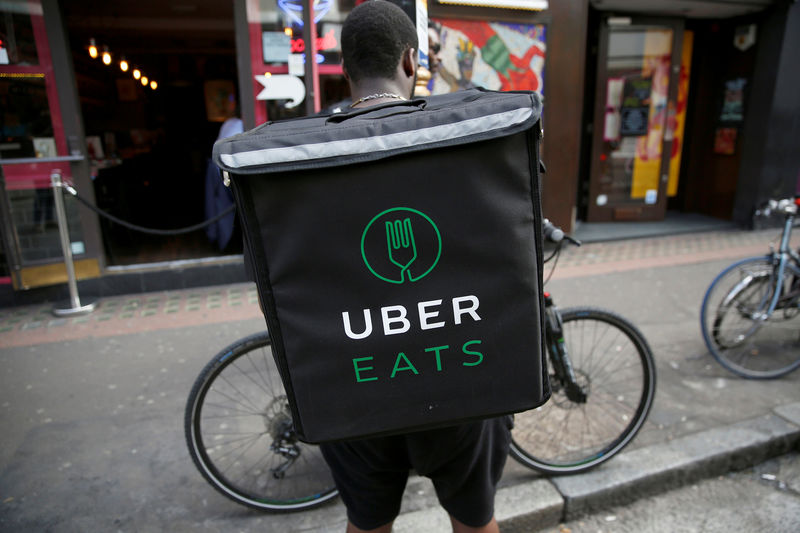(Bloomberg) -- As American drivers hunkered down to avoid contagion in March and April, they became increasingly reliant on delivery services for everything from groceries to alcohol.
The resulting surge in the use of services such as Instacart Inc. is increasingly influencing gasoline consumption in ways that will have a lasting impact. Online grocery orders climbed to 62.5 million in April, a 33% increase over March, according to research firm Brick Meets Click. Orders almost tripled in March compared to August when the firm last collected the data.
The gig economy didn’t prevent gasoline demand from falling to the lowest in almost 30 years, but these services are likely part of the nascent recovery the market is seeing now. Many consumers may never return to buying their own groceries in a store, as experts say virus lockdowns will alter consumer behavior for years ahead.
“What you have is the shift of gasoline demand from one household to another,” David Bishop, an e-commerce expert at Brick Meets Click said on a Bloomberg Intelligence webinar.
It’s more difficult to determine if the uptick in deliveries will be a long-term positive or negative on fuel consumption. It could be unchanged, with every trip to the grocery store being replaced by one trip for a delivery driver, and demand staying flat. Or drivers could double or triple deliveries for every pickup at the store, trimming demand. A third scenario could see families using delivery services, freeing up more time to hit the road for other reasons, and therefore, increasing demand.
South Florida grocery driver Jorge Alexander Ortiz, 43, said he doubles, and sometimes triples, up on orders for one stop at the grocery store. He spends about $10 a day on fuel and seeks out places where he can save money at the pump.
“That’s why I’m spending a lot more on gas, because I have to travel back and forth to see where I’m going to find” orders, Ortiz said.
Once factors beyond food shopping are considered, declines in demand are probably ahead, IHS Markit refined products analyst and former Valero analyst Debnil Chowdhury said.
“Longer term, we expect to see demand declines due to increased fuel efficiency and structural shifts in consumer behavior, due to the disease impacting vehicle miles traveled, such as increased working from home, less eating out, less in-person social events, and more grocery deliveries,” Chowdhury said.
©2020 Bloomberg L.P.
